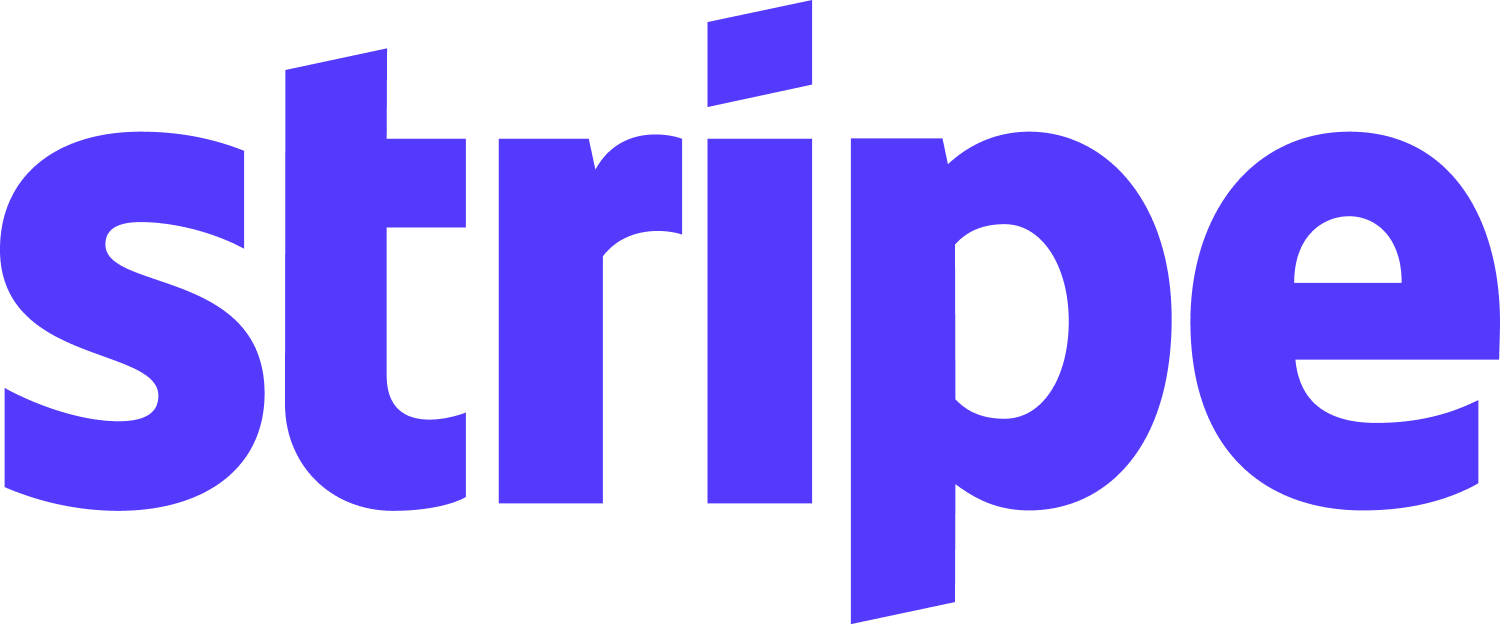Of TikTok and Successful Audit Teams

A few weeks ago, a TikTok user in Singapore went viral for sharing her tips on spotting red flags of a toxic work environment in a job interview. Her video gained popularity, as many viewers found her pointed questions valid and helpful for candidates who may not be as discerning in sniffing out bad organisations.
After watching the video, I began reflecting on my career experience. As auditors, we typically work in small teams, ranging from two to six persons, as engagements are commonly structured as standalone projects. While I have had my fair share of less-than-friendly team members in the past 12 years, I have also met even more amazing colleagues who have made my work experience much more enjoyable. Recalling those days of late suppers and boisterous TGIF sessions with these co-workers (now friends) still brings a smile to my face.
Having reminisced enough about the fun times, I further thought about the video and imagined myself as a content creator. Rather than focusing on the negatives, could I have approached the topic differently and tried to look for the positives that would enable career success instead?
Certainly. In a team environment, this would entail finding out if the hiring team has a track record and possesses the requisite conditions that enable success.
Reflecting on my experience in some of the best teams I have worked in, I realised that there were some common factors that made these teams successful:
1. High Degree of Self-Motivation
Contrary to popular belief, successful teams do not require charismatic or outstanding leaders. Instead, teams comprising self-motivated members who understand and align with the end goals are more likely to succeed. They do not require close supervision, constant words of encouragement, or promises of additional incentives. Self-motivated teams are also more likely to take initiative, go the extra mile, and be willing to make sacrifices.
I remember being part of a special engagement to obtain and review evidence from the client’s business partner to substantiate a disputed claim amount. The involved amount was significant and each of us in the team understood that the outcome of our work would have a significant impact for the client. While the engagement was challenging due to the discovery nature of the work and dealing with an adversarial group of auditees, we gritted our teeth and worked our way through and managed to deliver the desired results. Looking back, we were able to succeed despite the unprecedented challenges as we were motivated by our purpose and could numb ourselves from the “temporary pain”.
2. Effective Team Communication
Teams are more likely to succeed when team members communicate clearly and openly with each other and the clients. Clear communication helps to better support an efficient and effective execution of tasks by minimising ambiguity (which reduces errors and duplication of effort) and clarifying roles and responsibilities (which increases accountability). Open communication also facilitates sharing of ideas and provides opportunities to strengthen rapport within the team. Additionally, being transparent and upfront with the clients helps foster trust and build positive relationships, especially if adverse results arise from the engagement.
Where telecommuting was the default work mode for many during the Covid pandemic, I observed that teams which had practised open communication (e.g., daily team stand-up meetings, periodic client progress updates, providing timely and constructive feedback to one another) and communicated information upfront (e.g., team expectations, project deliverables and milestones, engagement results) were more likely to deliver quality results, notwithstanding the limitations arising from remote auditing. Clients and team members were also more likely to rate their experience in the engagement more favourably.
3. Diverse Experience and Skill Sets
A team that recognises and leverages the diverse skills and experiences of its members is more likely to have a wider perspective on ideas and solutions, increasing its capability to deliver value to its stakeholders. This is especially important given that internal auditors are increasingly expected to act as trusted advisors and provide practical insights and solutions. Besides, team diversity also helps minimise the risk of groupthink and blind spots. For example, an engagement team comprising mainly auditors with limited operational/business experience might not be able to anticipate the larger implications of a business risk or the impracticality of a recommendation to an audit finding. Introducing diversity can offer a fresh perspective to the team and improve the quality of results.
Working in a diverse team also provides opportunities for team members to learn from one another, enhancing personal development. To augment the skill sets of an engagement team, individuals from other non-audit functions may be invited to participate as a guest auditor for a specific engagement or period, bringing along specialised skills and knowledge. To date, I have worked with numerous guest auditors specialising in wide-ranging fields from legal, finance, engineering, cybersecurity, and even geology (yes, earth scientists!). I have always looked forward to teaming with guest auditors as there would be new insights and knowledge to gain while working with them.
The suggested questions above are not exhaustive, and there are definitely more ways to identify if the hiring team is a good fit. However, this would be content for sharing at another time. And who knows, I might just take that leap of faith and appear before a TikTok video?
Koh Yong Chuan started his career as an external auditor at an international accounting firm (when there was only Facebook) before moving to internal audit roles in other consulting firms and multinational companies. He is currently a Corporate Auditor at an integrated energy company. The positive experiences shared with his co-workers, past and present, count as one of the motivations for his dedication to his career.
The Institute of Internal Auditors Singapore blogs reflect the personal views and opinions of the authors. These views may differ from policies and official statements of The Institute of Internal Auditors Singapore and its committees and from opinions endorsed by the bloggers’ employers.



